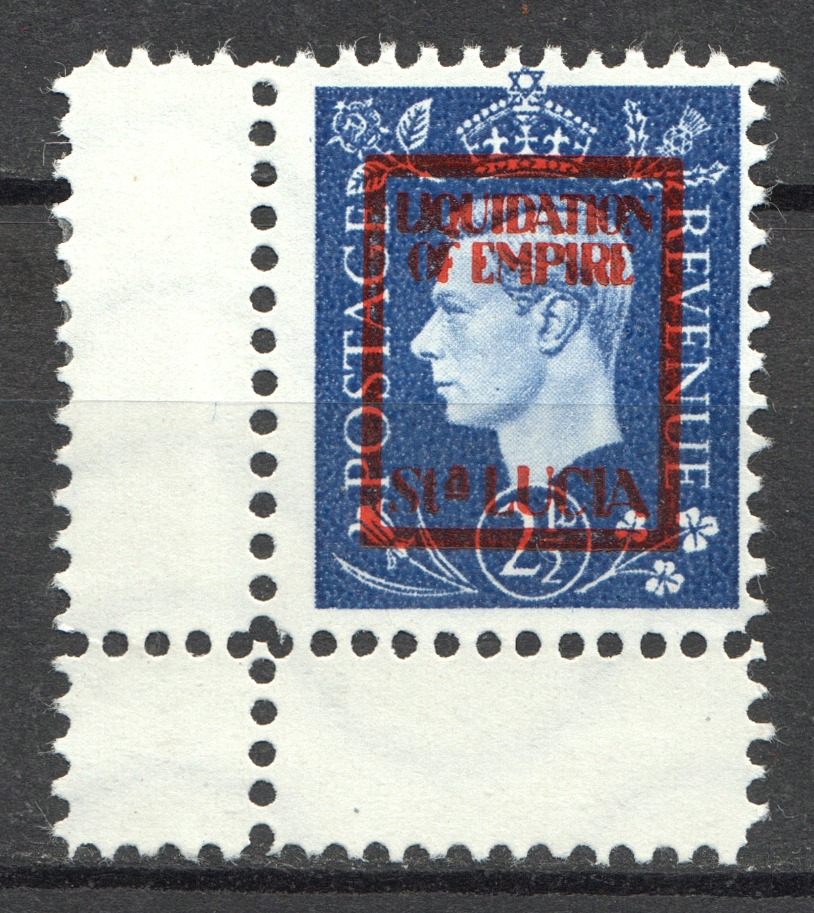


Now the wave of dissolution is lapping up against the shores of the British Isles themselves. The Commonwealth of Nations founded before World War II and revived after the war comprises 54 former British territories but is little more than a monument to the empire. Today that empire has been reduced to 14 scattered islands such as the British Virgin Islands in the Caribbean and Pitcairn Island in the South Pacific. On the negative side, Britain once corrupted an entire nation, China, with opium purely to extract drug revenues, and its haughty, racist dominance of subjected peoples left generations of rage in its wake in many countries (not least of which are some of those closest to home, like Ireland). The spread of British influence, including the English language, gave birth to the United States, the world’s only superpower the world’s largest democracy in India and, perhaps inadvertently, disseminated British concepts of freedom, democracy and common law around the globe. From London, the British ruled about 20 percent of world’s population and governed nearly 25 percent of the world’s land mass, according to calculations by British researcher Stephen Luscombe. At its most extensive, the British Empire comprised 57 colonies, dominions, territories or protectorates from Australia, Canada and India to Fiji, Western Samoa and Tonga. The downsizing process has been long and hard. Britain, the colonizer of America, has become in some ways the colony (or lapdog, as some self-deprecating British wags put it). Since the beginning of the Cold War, America has done the lion’s share of the shouldering. Today UK-US celebrate #specialrelationship & work together shoulder to shoulder across the globe.”īut even that assessment is somewhat self-delusional. We meant to mark an event in history & celebrate our strong friendship today …. After newspapers got wind of the tweet, the embassy quickly retracted it, tweeting: “Apologies for earlier Tweet. This week the British embassy in Washington decided, for reasons only known to itself, to hark back to Blighty’s glory days and tweet a picture of a sparkler-bedecked cake “commemorating the 200th anniversary of burning the White House” during the War of 1812. The British Empire brought profound changes to the world-but in the decades since its rapid decline after World War II it has become a kind of a historical joke, sometimes in poor taste. The undecided Scots also hold the key to the final dissolution of one of the greatest empires in history. The Economist magazine has suggested that Scots voting with their heads will choose to stay with England, while those voting with their hearts will opt for independence, but “it is the nationalists who have fire in their bellies.” But many Scots have said they are undecided-and thus they hold a key to the decision. Polls over the last 18 months reported by the website What Scotland Thinks show a gradually rising tide for independence even though advocates of remaining in the U.K. 18, the voters of Scotland will go to the polls to determine whether their nation will declare independence from the United Kingdom after 307 years of union with England. Formerly with the New York Times as a foreign correspondent in Asia and military correspondent in Washington, he is the author of a brief biography: My Name Is Shinseki … and I Am a Soldier.ĭuring the 19th and early 20th centuries, Britain had dominion over so many portions of the Earth it was said, famously, that “the sun never set on the British Empire.” Since the end of World War II, however, that sun has been steadily dipping toward the horizon. Richard Halloran is a freelance writer in Honolulu.


 0 kommentar(er)
0 kommentar(er)
